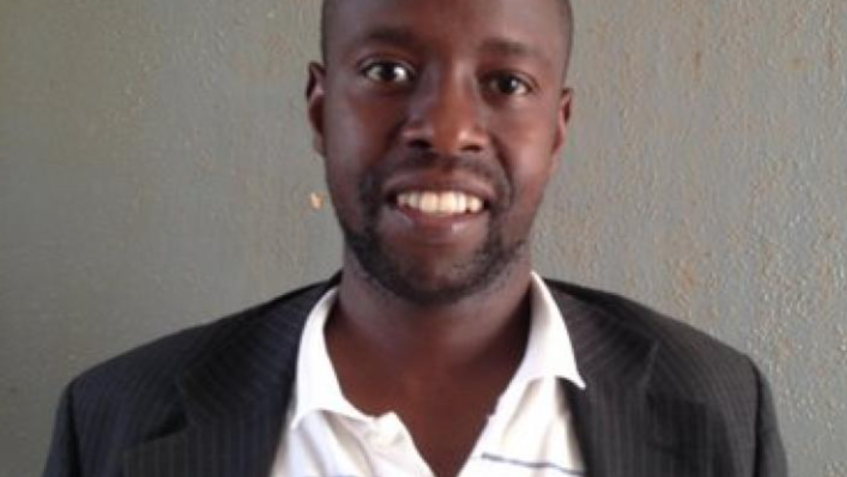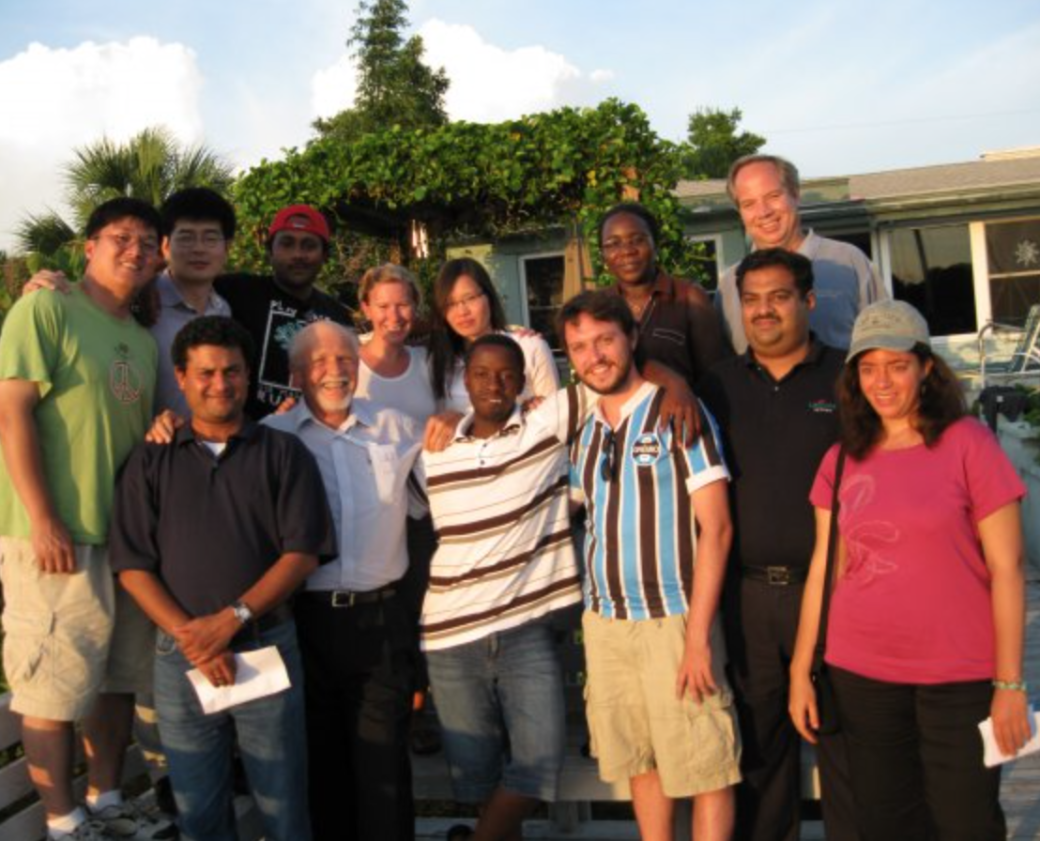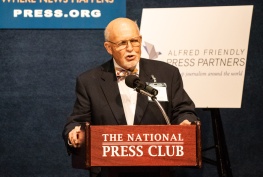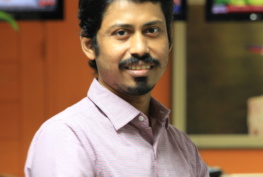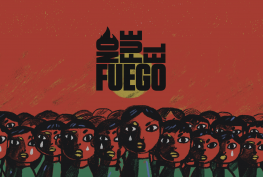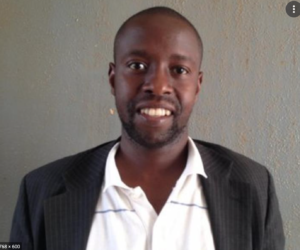 As the East Africa correspondent for The Associated Press, Rodney Muhumuza has closely covered the warfare and its tragic consequences in the Tigray region of Ethiopia since the conflict broke out in November.
As the East Africa correspondent for The Associated Press, Rodney Muhumuza has closely covered the warfare and its tragic consequences in the Tigray region of Ethiopia since the conflict broke out in November.
However, Muhumuza and other journalists could not reach areas under the control of the Tigray People’s Liberation Front, the party of Tigray’s ousted and now-fugitive leaders. The Ethiopian military refused access, so the reporting was confined to reports from people who fled the battle zone.
But earlier this month, Muhumuza and a video producer and photographer from The AP managed to report firsthand from Hawzen, a town that was held by Tigray’s rebels. The AP gave Muhumuza and the rest of the all-formats team its Best of the Week award “for smart, careful and courageous reporting to become the first outside journalists since the conflict started to interview fighters loyal to the TPLF.”
The Tigray reporting project was supported by The Pulitzer Center, whose executive editor is also a former Alfred Friendly fellow, Marina Walker Guevara.
Muhumuza was working for Nation Media Group in Uganda when he was selected for an Alfred Friendly fellowship in 2009. After training, he worked for nearly six months at The Kansas City Star, mentored by now-Alfred Friendly President Randy Smith. With new skills and world-class experience, Muhumuza was hired by The AP soon after he returned to Kampala, where he still lives with his wife and three sons.
The reach of Muhumuza’s work now is immense: More than 15,000 news outlets subscribe to The AP, and its staff is known for fast, accurate and unbiased news reporting from 250 locations worldwide. More than half the world’s population sees AP journalism every day.
The AP said Muhumuza’t team spent days trying to find someone willing to take them into Hawzen to meet with fighters loyal to the Tigray People’s Liberation Front. Roads that were said to be open turned out to be blocked, and officials, even international NGO workers, were reluctant to talk.
“Access required passing through numerous dangerous military checkpoints,” The AP said. “Knowing the dangers of staying too long, the team limited themselves to less than an hour in the town. Working quickly, they managed to obtain exclusive reporting on the fighters occupying the town, as well as a hospital destroyed and looted by Eritrean forces. Hours after the team left, government troops shelled the town. By the next day, it was back under government control.
Muhumuza returned to Kampala to continue covering an even bigger story, the Covid19 pandemic. His most recent story was about the vaccine shortage in Africa.
“A sense of dread is growing in some of the very poorest countries in the world as virus cases surge and more contagious variants take hold amid a crippling shortage of vaccine,” he wrote.
“Africa is especially vulnerable. Its 1.3 billion people account for 18 percent of the world’s population, but the continent has received only 2 percent of all vaccine doses administered globally. And some African countries have yet to dispense a single shot.”
Muhumuza is one of many journalists whose careers have been transformed by their experiences during the Alfred Friendly Fellowships, and their impact broadened. Please take a minute to contribute to our organization so we can continue training promising young reporters from East Africa and other areas of the world that need high-quality reporting.

